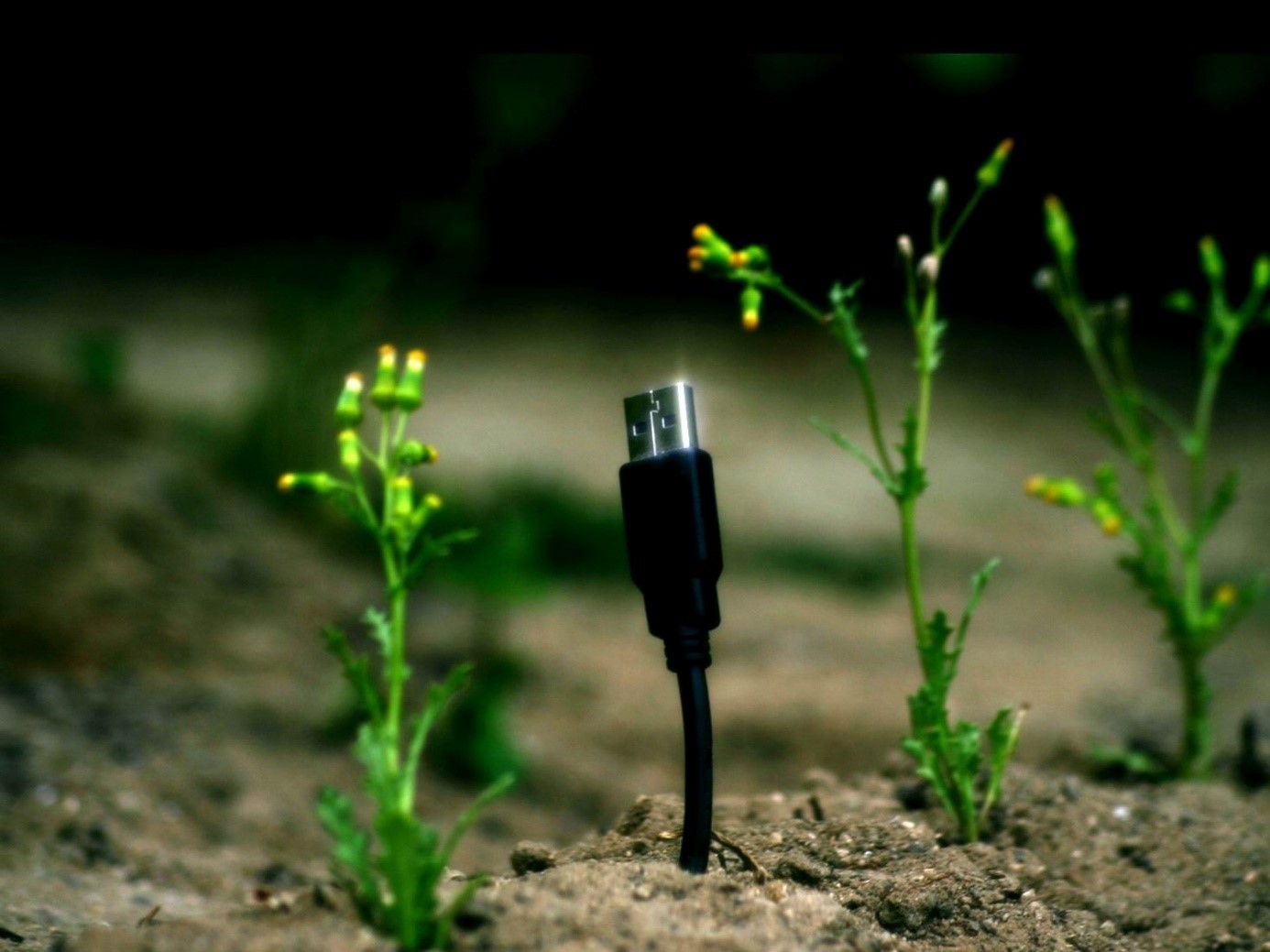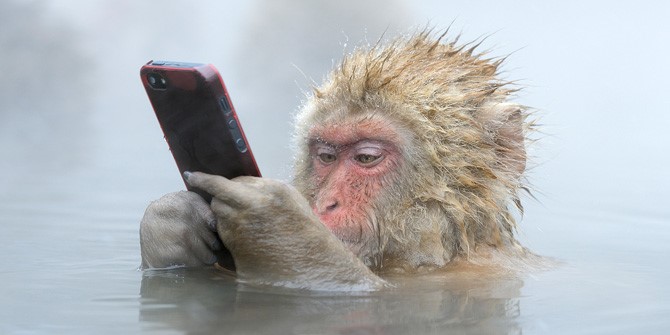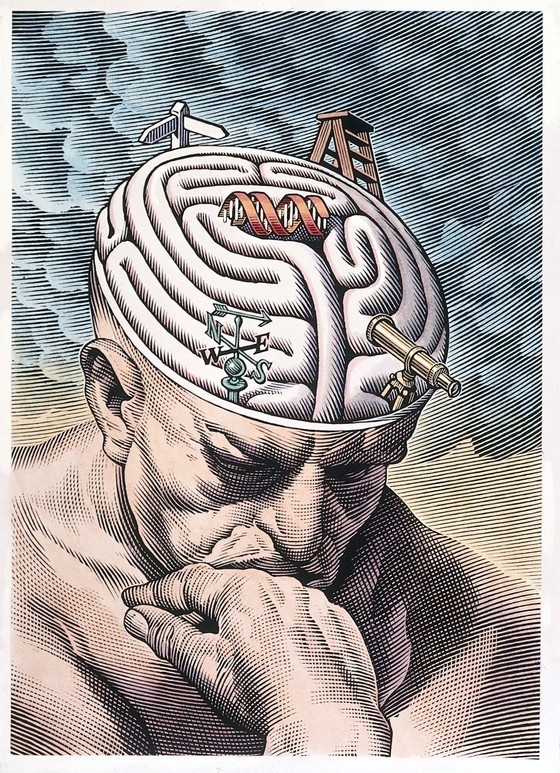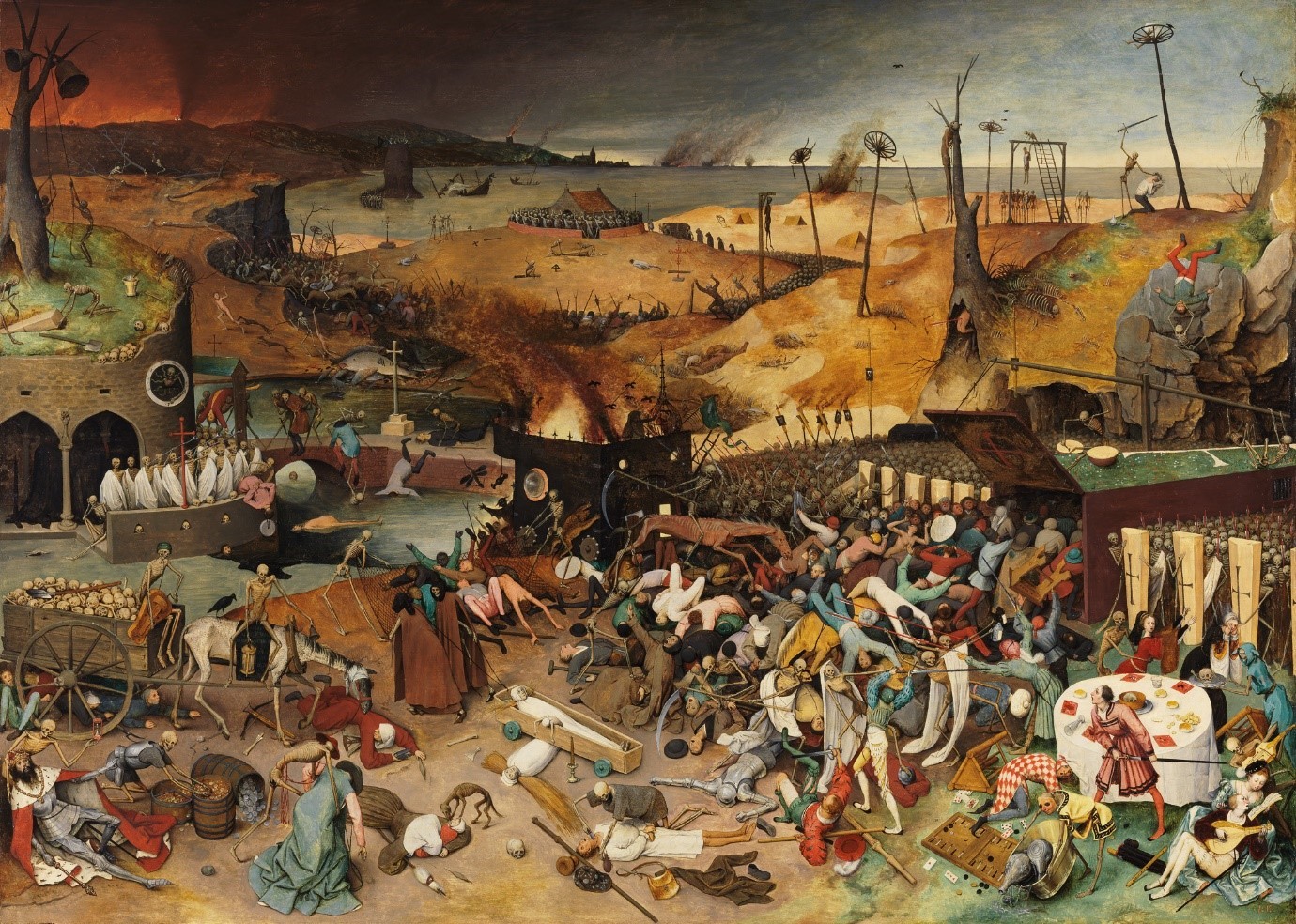What makes something philosophical?
Specifically, what makes a question or an answer philosophical? Thank you, Jom Olazo, for an excellent question! The answer depends on what you think philosophy is. I can only give you my take; others will defend a (very) different idea of philosophy – as far as I know, there is no unchallenged notion of “philosophy”. […]
What makes something philosophical? Read More









